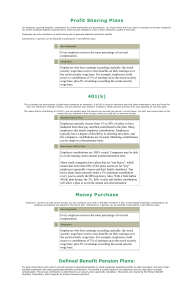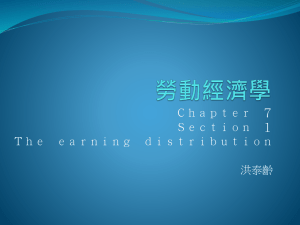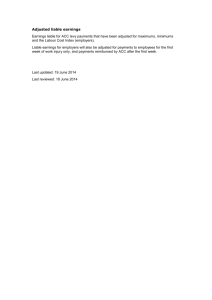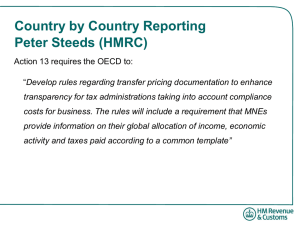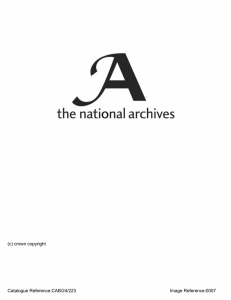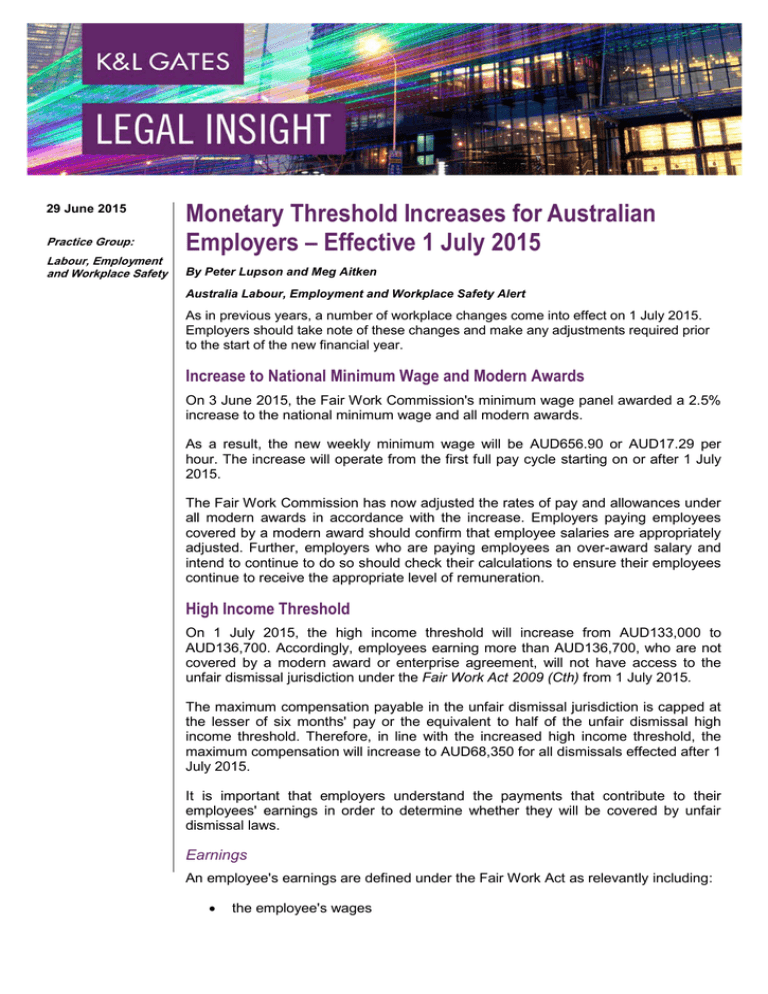
29 June 2015
Practice Group:
Labour, Employment
and Workplace Safety
Monetary Threshold Increases for Australian
Employers – Effective 1 July 2015
By Peter Lupson and Meg Aitken
Australia Labour, Employment and Workplace Safety Alert
As in previous years, a number of workplace changes come into effect on 1 July 2015.
Employers should take note of these changes and make any adjustments required prior
to the start of the new financial year.
Increase to National Minimum Wage and Modern Awards
On 3 June 2015, the Fair Work Commission's minimum wage panel awarded a 2.5%
increase to the national minimum wage and all modern awards.
As a result, the new weekly minimum wage will be AUD656.90 or AUD17.29 per
hour. The increase will operate from the first full pay cycle starting on or after 1 July
2015.
The Fair Work Commission has now adjusted the rates of pay and allowances under
all modern awards in accordance with the increase. Employers paying employees
covered by a modern award should confirm that employee salaries are appropriately
adjusted. Further, employers who are paying employees an over-award salary and
intend to continue to do so should check their calculations to ensure their employees
continue to receive the appropriate level of remuneration.
High Income Threshold
On 1 July 2015, the high income threshold will increase from AUD133,000 to
AUD136,700. Accordingly, employees earning more than AUD136,700, who are not
covered by a modern award or enterprise agreement, will not have access to the
unfair dismissal jurisdiction under the Fair Work Act 2009 (Cth) from 1 July 2015.
The maximum compensation payable in the unfair dismissal jurisdiction is capped at
the lesser of six months' pay or the equivalent to half of the unfair dismissal high
income threshold. Therefore, in line with the increased high income threshold, the
maximum compensation will increase to AUD68,350 for all dismissals effected after 1
July 2015.
It is important that employers understand the payments that contribute to their
employees' earnings in order to determine whether they will be covered by unfair
dismissal laws.
Earnings
An employee's earnings are defined under the Fair Work Act as relevantly including:
•
the employee's wages
Monetary Threshold Increases for Australian Employers – Effective 1 July
2015
•
amounts dealt with on the employee's behalf or as the employee directs
•
the agreed monetary value of non-monetary benefits.
On the basis of the excluded amounts identified below, an employee's wage can be
interpreted as meaning an employee's base wage.
Salary sacrifice arrangements, and other amounts dealt with on behalf of employees,
may contribute to the calculation of earnings where they can be characterised as
forming part of an employee's 'cashable' salary. 1 That is, to be included as earnings,
an amount spent on behalf of an employee must be distinguishable as a distinct
amount from the operational expenses ordinarily associated with employing staff.2
Excluded Amounts
The Fair Work Act provides that earnings do not include:
•
payments that cannot be determined in advance
•
reimbursements
•
superannuation contributions.
Superannuation
Superannuation that is paid in accordance with the compulsory statutory contribution,
is not included in the calculation of an employee's earnings. However, additional
superannuation contributions paid in excess of the compulsory amount will be
included as part of an employee's earnings. 3
Commission, Bonuses and Overtime
Whether a bonus will be included as part of an employee's earnings depends on
whether it can be 'determined in advance'. Where bonuses are based on
performance or the employer has the right to alter or discontinue the bonus plan, the
amount is unable to be appropriately determined in advance and therefore, will not
be considered earnings. 4
Employee Benefits
Where an employee receives a benefit for both personal and business purposes, the
proportion of the benefit used for business purposes is not included in a calculation of
earnings. 5 Benefits for personal purposes may be included. For example, where a
mobile phone or motor vehicle is used by an employee for both personal and
business purposes, the amount of the benefit should be apportioned with the amount
1
Batley v Cocos Islands Co-operative Society Ltd [2010] FWA 2289.
Ibid, 34.
3
Craig Ablett v Gemco Rail Pty Ltd [2010] FWA 8124 (22 October 2010); Roberts v High Professional Productions
Pty Ltd T/A Hi-Vis Labour Hire [2010] FWA 3462 (30 April 2010).
4
Jenny Craig Weight Loss Centres v Margolina [2011] FWAFB 9137 (unreported, Giudice J, Hamilton DP, Robert C,
23 December 2011).
5
Davidson v Adecco Australia Pty Ltd T/A Adecco [2012] FWA 8393 (unreported, Booth C, 4 October 2012).
2
2
Monetary Threshold Increases for Australian Employers – Effective 1 July
2015
attributed to personal use being included as earnings and the business use
component excluded. 6
What Does This Mean for Employers?
The increase of the high income threshold serves as a timely reminder to employers
to carefully consider whether the unfair dismissal laws will apply to an employee. An
employee who appears to earn more than the high income threshold at first blush
may, in fact, be protected from unfair dismissal because of the definition of earnings
under the Fair Work Act.
Authors:
Peter Lupson
peter.lupson@klgates.com
+61.3.9640.4342
Meg Aitken
meg.aitken@klgates.com
+61.3.9640.4427
Anchorage Austin Beijing Berlin Boston Brisbane Brussels Charleston Charlotte Chicago Dallas Doha Dubai Fort Worth Frankfurt
Harrisburg Hong Kong Houston London Los Angeles Melbourne Miami Milan Moscow Newark New York Orange County Palo Alto
Paris Perth Pittsburgh Portland Raleigh Research Triangle Park San Francisco São Paulo Seattle Seoul Shanghai Singapore
Spokane Sydney Taipei Tokyo Warsaw Washington, D.C. Wilmington
K&L Gates comprises more than 2,000 lawyers globally who practice in fully integrated offices located on five
continents. The firm represents leading multinational corporations, growth and middle-market companies,
capital markets participants and entrepreneurs in every major industry group as well as public sector entities,
educational institutions, philanthropic organizations and individuals. For more information about K&L Gates or
its locations, practices and registrations, visit www.klgates.com.
This publication is for informational purposes and does not contain or convey legal advice. The information herein should not be used or relied upon
in regard to any particular facts or circumstances without first consulting a lawyer.
© 2015 K&L Gates LLP. All Rights Reserved.
6
Chang v Ntscorp Ltd [2010] FWA 1952; Rofin Australia Pty Ltd v Newton (1997) 78 IR 78, 82.
3

